Most people assume a familiar shopping list is harmless wherever a plane lands. Gum, toys, plastic bags, and cold medicine all feel too ordinary to cause trouble. Then a border official seizes something from a suitcase, and the rules suddenly feel very local. Behind those bans are concerns about safety, litter, addiction, or cultural identity. Looking closely at these everyday items turns random surprises at customs into a window on how different societies try to protect what matters to them.
Chewing Gum In Singapore

In Singapore, the issue is less about gum as a snack and more about what happens after it is chewed. Stuck under train seats, mashed into sidewalks, and wedged into elevator buttons, gum turned into a citywide nuisance. The government responded by banning the import and sale of most gum, with only limited medical exceptions. Littering fines are real, and large quantities in luggage invite questions, so gum feels less like candy and more like potential evidence.
Kinder Surprise Eggs In The United States
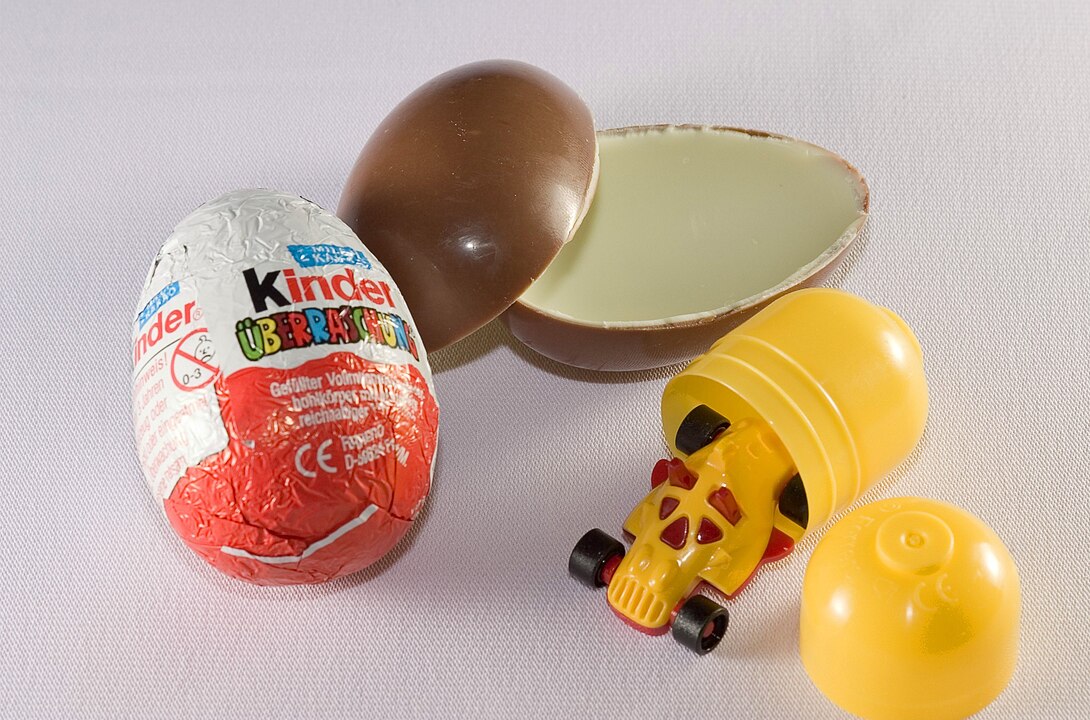
Kinder Surprise eggs look innocent, but regulators in the United States see a hidden hazard. The tiny toy sealed entirely inside the chocolate raises fears that small children might swallow it whole. Federal rules treat any non food object fully enclosed in candy as unsafe, so the classic egg is blocked from sale and often seized at the border. To get around this, a different version called Kinder Joy separates toy and treat into two distinct compartments.
Baby Walkers In Canada
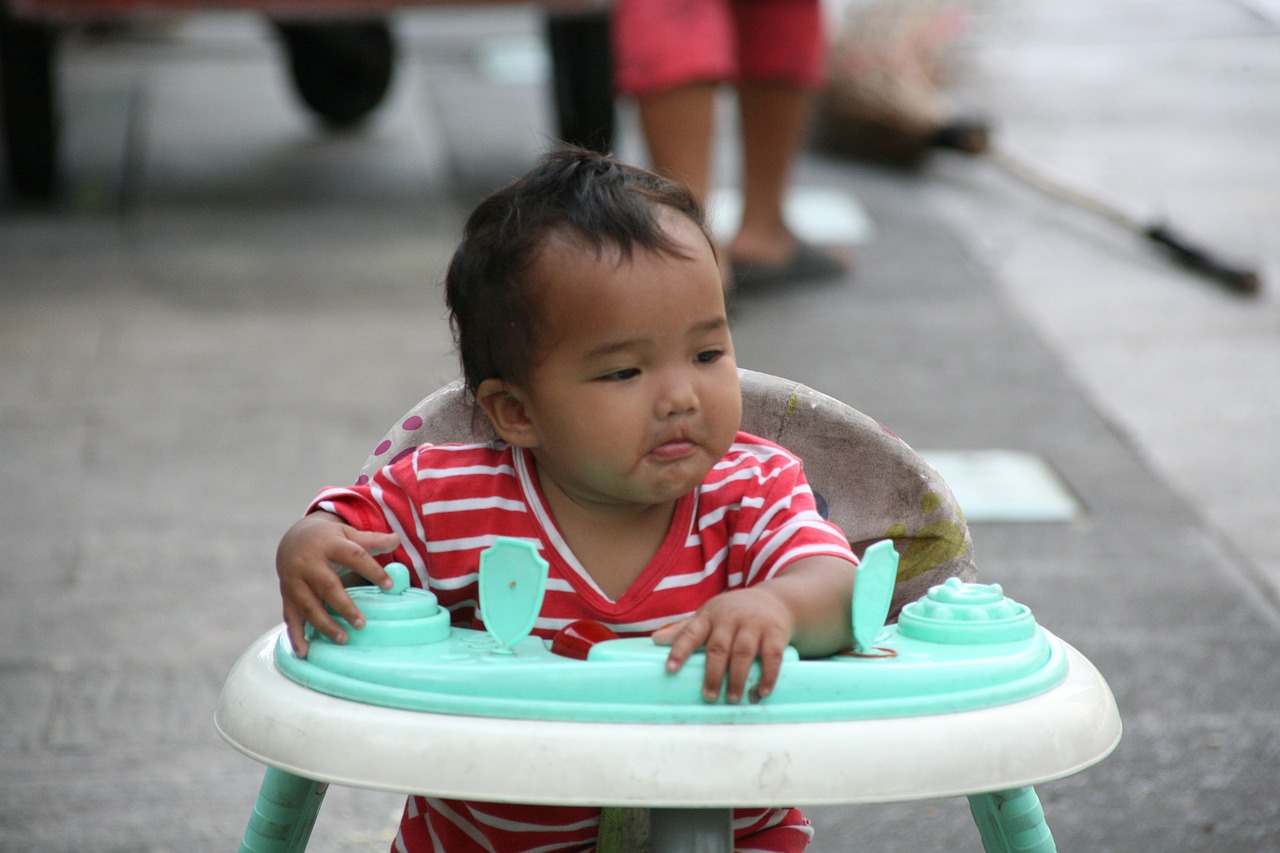
In Canada, baby walkers went from popular baby gift to outlawed equipment after years of alarming injury reports. Children in wheeled walkers could move faster than adults expected, reach stoves or counters, and tumble down stairs in seconds. In response, Canada banned the sale, import, and even resale of walkers, treating them as inherently dangerous products. Parents caught with one can face fines or more serious penalties, a signal that the country would rather see babies on the floor.
Plastic Shopping Bags In Kenya
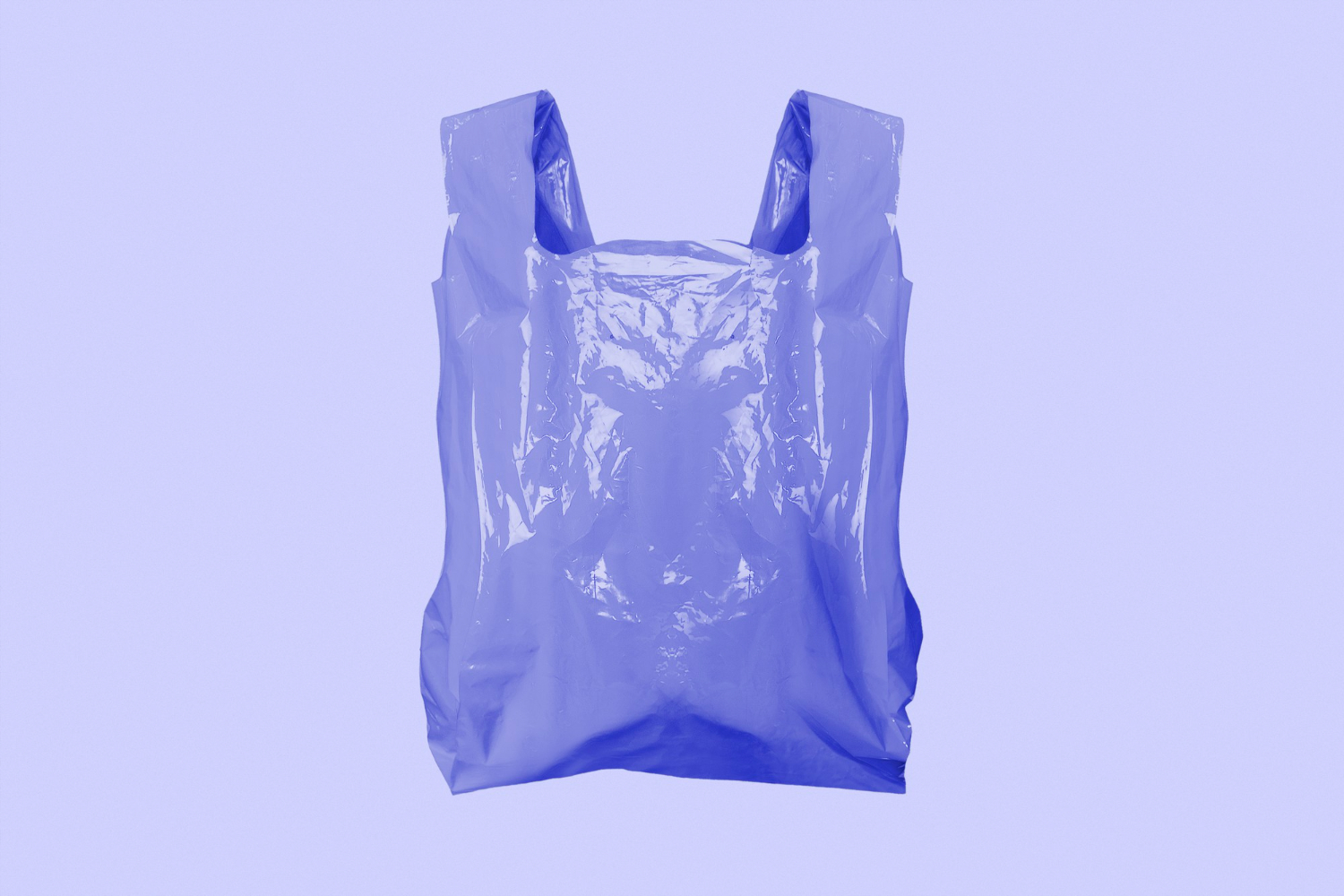
The usual stash of plastic grocery bags tucked into a suitcase can cause real trouble in Kenya. Frustrated by clogged drains, livestock eating trash, and plastic blown across fields, the country enacted one of the toughest carrier bag bans on the planet. Manufacturers, shop owners, and everyday users all face steep fines or even jail time if caught producing or distributing them. Markets have shifted toward woven baskets and reusable bags, turning a familiar throwaway item into risky baggage.
Vaping Devices In Thailand

An e cigarette that feels routine at home becomes a serious problem in Thailand. Vaping devices and their refills are banned, and both residents and tourists have been fined or detained after using them in public. Authorities frame the rule as a way to protect health and stop nicotine products from gaining a new foothold among young people. Even when a device was bought legally in another country, carrying or using it on Thai soil can lead to confiscation and charges.
High Powered Laser Pointers In Australia

In several Australian states, a high powered handheld laser is treated less like a harmless gadget and more like a controlled weapon. After reports of pilots being targeted by beams during takeoff and landing, lawmakers tightened the rules. Owning a laser above a very low power threshold may require a permit, and carrying one in public without a clear lawful purpose can bring fines or even prison. Simple low power pointers for classroom use are fine, but stronger models draw suspicion.
Camouflage Clothing In Parts Of The Caribbean And Africa

In countries such as Barbados, Jamaica, Ghana, and Nigeria, camouflage patterns are more than a fashion statement. Lawmakers reserve camo for the military and sometimes police, worrying that criminals could use it to impersonate officers or sow confusion during emergencies. Tourists and locals alike can have hats, shorts, or bags confiscated, and in some cases may face fines or arrest. A casual camo outfit that feels playful at home can be read as stolen authority in those places.
Mercury Thermometers In The European Union
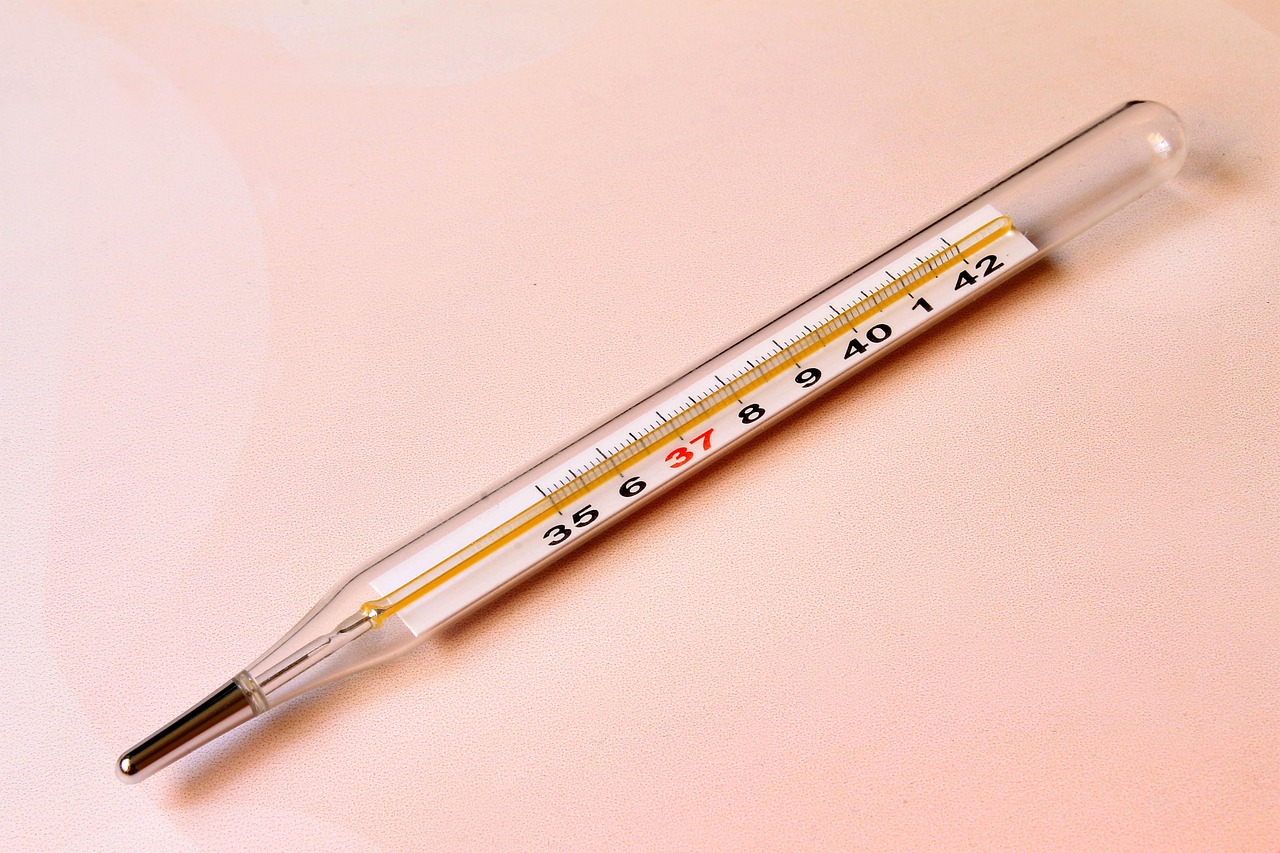
The slim glass thermometer filled with shimmering silver liquid is now a problem item across much of Europe. The liquid inside is elemental mercury, a potent neurotoxin that lingers in ecosystems once released. To prevent small spills from turning into larger environmental contamination, the European Union banned the sale of most mercury containing thermometers and encouraged safer digital or alcohol based designs. Travelers who still carry an old one risk seeing it taken away at borders or airport security.
Strong Cold Medicines In Japan

Cold medicine that feels routine in North America can quietly break drug rules in Japan. Many popular decongestants rely on stimulant like ingredients such as pseudoephedrine, which Japanese law treats with great caution. Bringing in large quantities, or products with higher doses, can trigger confiscation or even criminal charges. Officials care less about the brand name on the box and more about the chemistry listed on the label, so even a familiar remedy from home can be forbidden.
Ketchup In French School Cafeterias
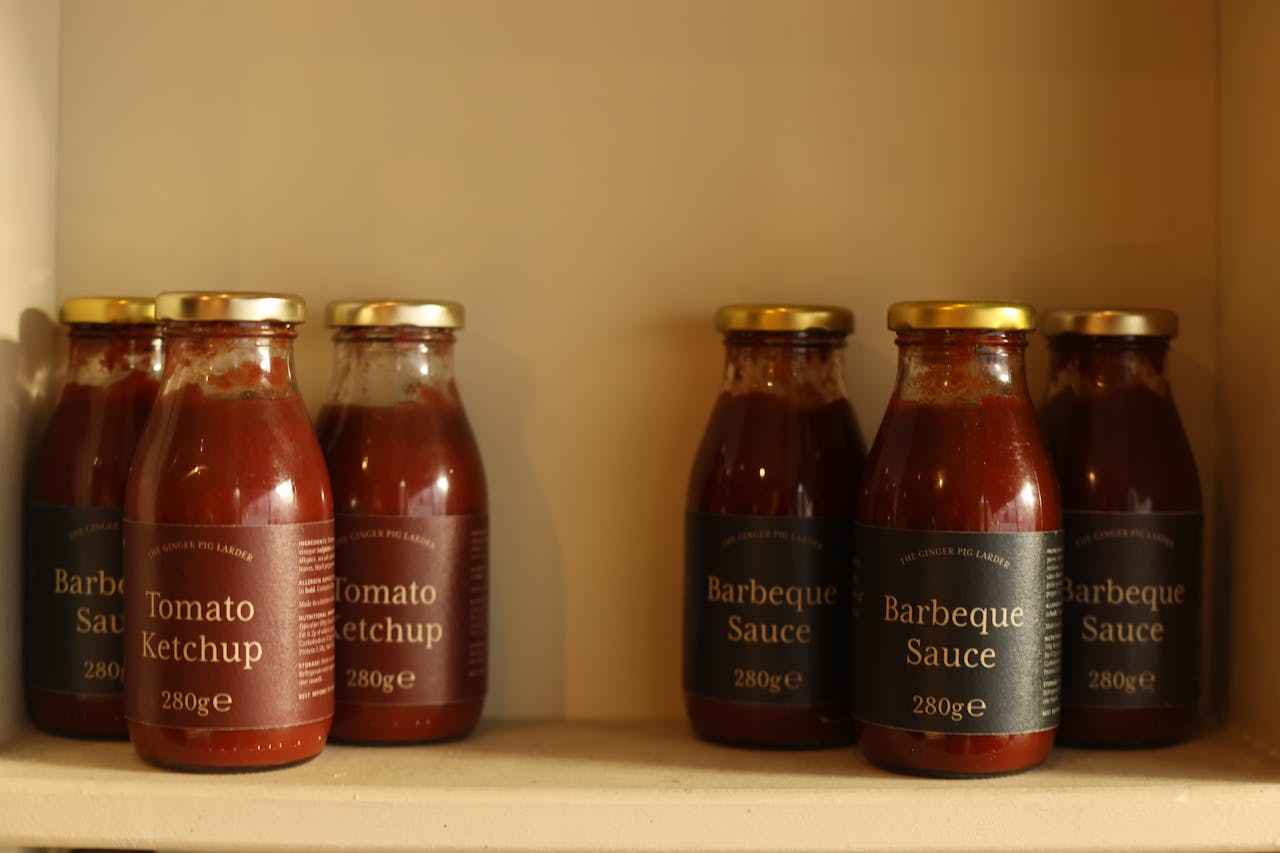
In French school cafeterias, ketchup has become a symbol of what officials want to avoid on student plates. Concerned that children drowned everything in the same sweet red sauce, policymakers restricted its use in school meals. Cafeterias may serve it only on rare occasions, typically alongside fries, and not as an everyday condiment. The goal is to protect traditional recipes and encourage a broader palate, nudging students toward sauces and flavors rooted in French culinary heritage instead.
Goldfish Bowls And Solo Goldfish In Parts Of Europe
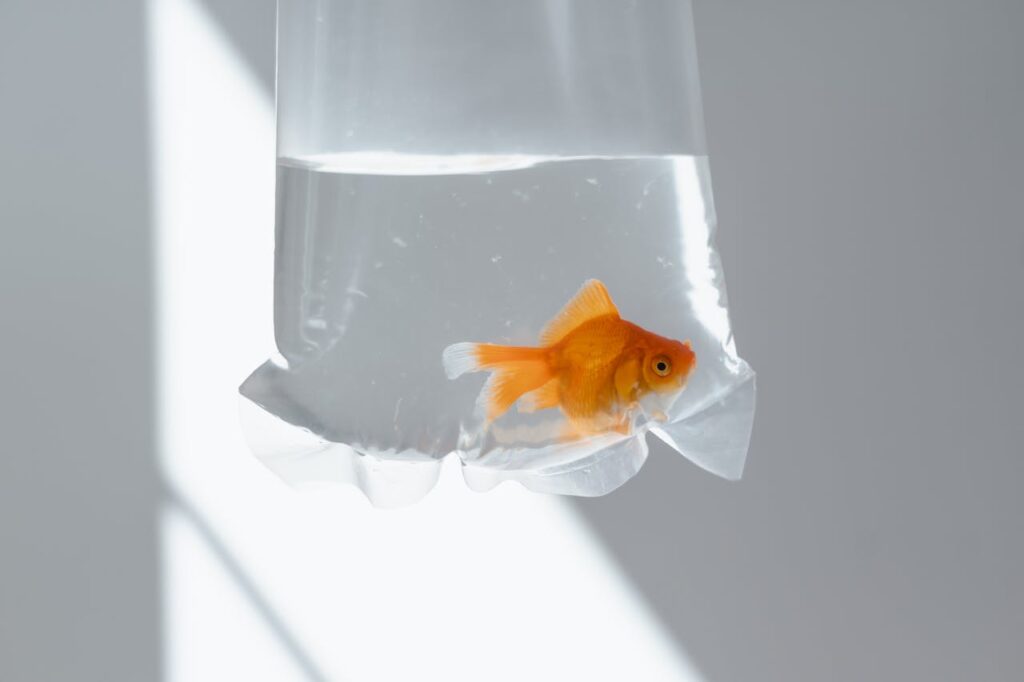
The classic round goldfish bowl, often perched on a dresser with a single fish circling, has come under legal fire in several European places. Animal welfare advocates argue that tiny unfiltered bowls distort the fishs view and provide poor water quality. Some Italian cities ban them outright, while Switzerland goes further by prohibiting the keeping of just one goldfish, calling the species social and in need of companions. In those jurisdictions, proper tanks and fish friendships are not optional.
Single Use Plastic Cutlery And Straws In The European Union
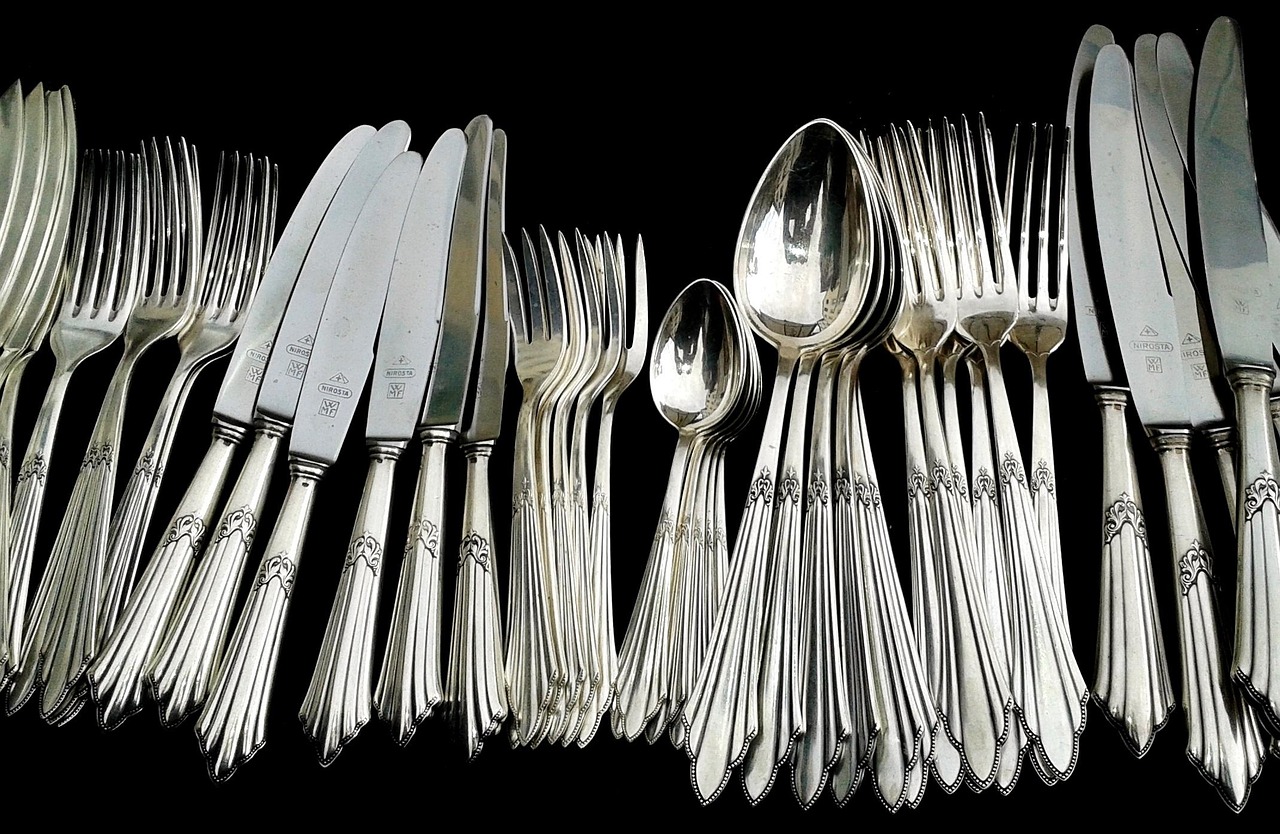
Disposable forks, plates, and straws that still feel ordinary in many countries have been largely pushed off the market in the European Union. Lawmakers targeted the plastic items most commonly found washed up on beaches, including cutlery, plates, stirrers, and foam food containers. Businesses have had to shift to metal, paper, or compostable alternatives, and travelers notice the change in cafes and takeaway shops. A simple picnic now carries a tangible reminder of the larger fight against plastic waste.


